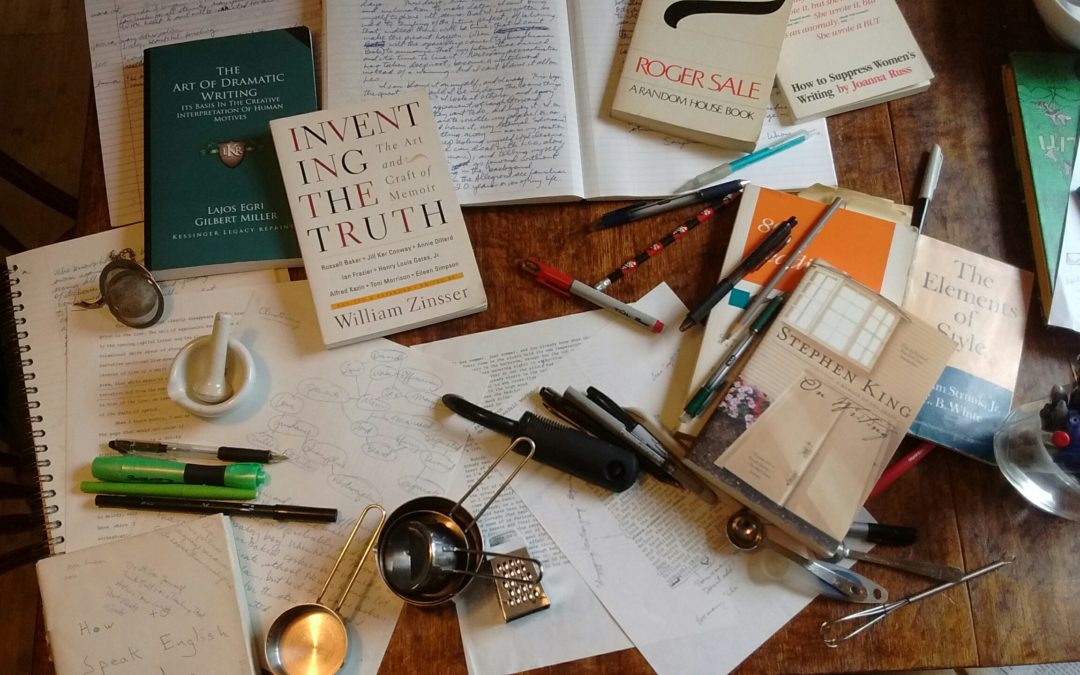I.
The mechanics of getting out of bed in the morning are fairly simple, at least, for those who have full use of their limbs. You can do something fancy if you like, but rolling onto one side and sticking your feet over the edge of the bed have always worked for me.
That is, until I graduated from college. I still knew the mechanics of getting out of bed in the morning, but how to do it evaded me. And why.
II.
In writing, I concentrate more on the what than the how. “How do I sound like myself on the page?” is a difficult question to answer. “What do I talk about to sound like myself?” is much easier to answer, if only because there are so many options:
- Describe your favorite childhood outfit or toy.
- Make a list of a bunch of words you love and praise them.
- Choose a sense other than sight to describe where you are currently sitting.
- Curse the idiot who ever invented . Who the hell does she think she is?
- Create your personal motto, the title of your next CD, the title of your autobiography, a message you’d like to read on bumper stickers, a tattoo.
None of these is a guarantee. All are starting points. Keep in mind that the journey of a thousand words starts with one really stupid one.
III.
You can get out of bed without knowing why, but it’s a much harder challenge without knowing how. If you focus your effort completely on the what and the where — this arm goes under this shoulder, this foot moves horizontally until it drops — you can still get somewhere.
IV.
The only time I truly suffered from writer’s block was when I was taking a class from Professor Whatshisname. During office hours, after I wrote my first paper, he said, “It’s clear from your comments in class that you know how to think. That thinking isn’t showing up on the page.”
Ah. So the what is not happening. I see. And the solution? Think more on the page?
Apparently I wasn’t the only one not thinking on the page, since he had some blanket critiques and writing rules for the whole class: “Don’t start a sentence with ‘it is.’ No unattributed ‘that’s. Never say ‘I think.'”
Ah. So now I know what not to do. And now, I do nothing, since apparently I can no longer start a sentence without saying “It is.”
V.
When working through my own business copy, a friend suggested that I teach others to “write effortlessly.” Effortlessly? I’m not entirely sure that’s possible, though the more I write, the easier it gets.
I do like the idea of writing FEARLESSLY, though I really wish for a word that didn’t have “fear” in it. (Aside: I once wrote a poem called “My Name Is Like a Word Fear” based on a doodle which turned the F into a P and added an L. Pro tip: Doodle a lot.)
Writing freely and unencumbered. It’s a dream of mine. For. Sure.
Perhaps the hardest part isn’t the writing, it’s shutting down the internal editor. It helps if you don’t give a shit if people like you or what you say, or if you know that by writing “don’t give a shit” you’ll alienate a certain segment of readers who are in no way your right audience.
When getting overwhelmed by any writing project, try to remember that each book is written one chapter at a time, each chapter is written one paragraph at a time, each paragraph is written one word at a time, and each word is written one letter at a time.
Also, caffeine.
Composition note: I don’t know if any of this hangs together anywhere other than inside my head, where it all makes perfect sense. Because I strive to write and publish my blog quickly enough that I don’t chicken out, I have to risk nonsensical thinking. In my head, this post was going to be peppered with quotations from writers about the act of writing which I would then respond to. In reality, I took some ideas that made sense to me and some ideas I wrote down a while back and mashed them together.
Here are some bits from the cutting room floor:
“There’s no getting around the fact that setting words on paper is the tactic of a secret bully, an invasion, an imposition of the writer’s sensibility on the reader’s most private space.” — Joan Didion
“Writing can be learned, but it can’t be taught” — Roger Sale
“Write with blood, and you will experience that blood is spirit.” — Friedrich Nietzsche
Where do you get stuck with your writing? What inspires you to keep going or to try again? I’m going to be wrassling with those questions in The Creative Writing Test Kitchen, a sort-of class / sort-of workshop I’m experimenting with. If you like experimentation, join me!

